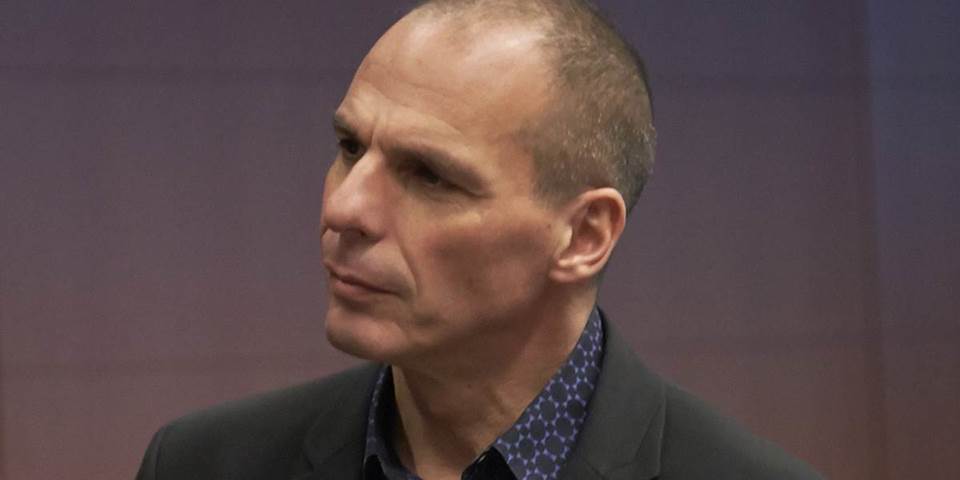Originally posted by Jon Miller
View Post
I'd actually be fine with your option two, although if the government (well in the UK we have a conservation organization that looks after such things, called the National Trust) are taking over their maintenance then no they are not going to receive some huge valuation of the property. It'd be likely in fact they wouldn't receive any recompense for the buildings.
If they care deeply about their preservation and cannot afford to maintain them, then they'd gift them to the nation, probably with the agreement that they could continue to be used for church services. This kind of arrangement has happened many times in the past with privately owned historical buildings.
 .
.

Comment